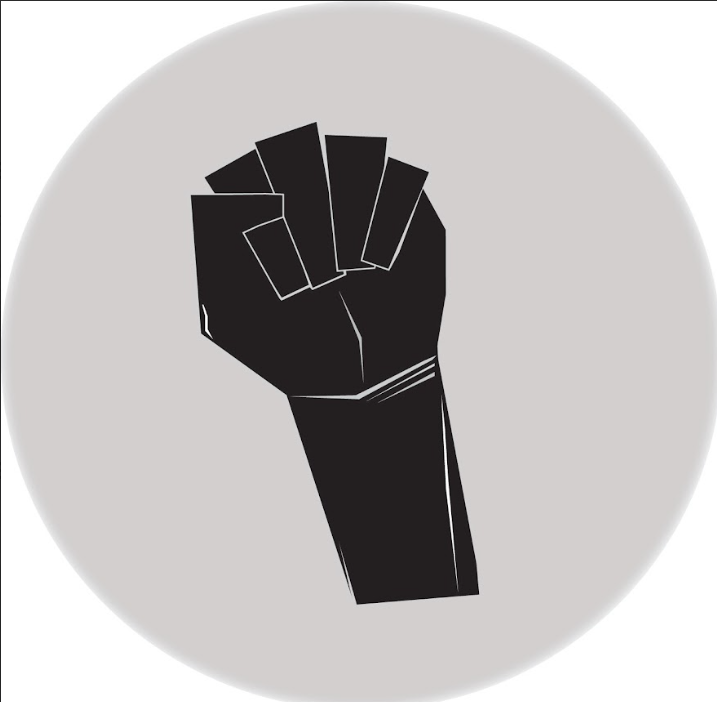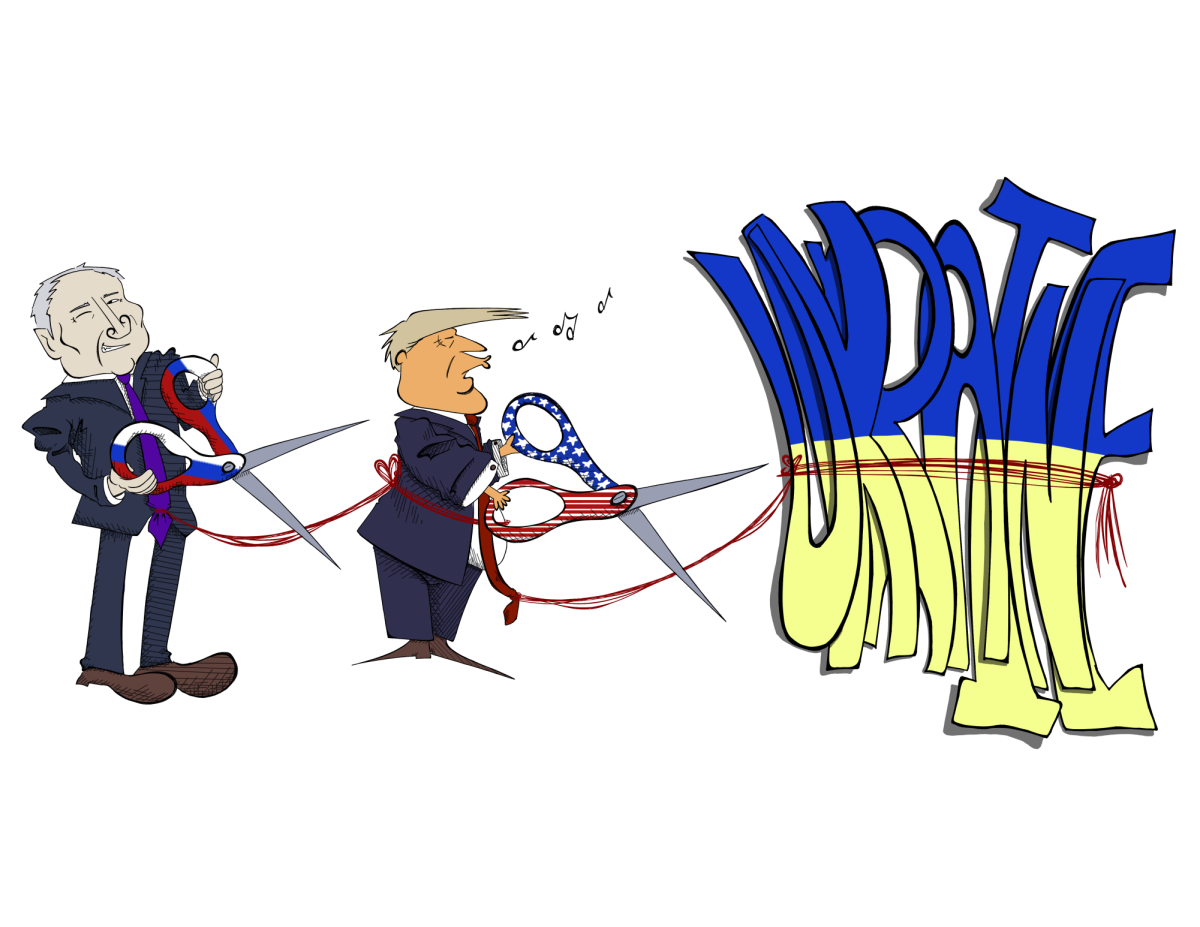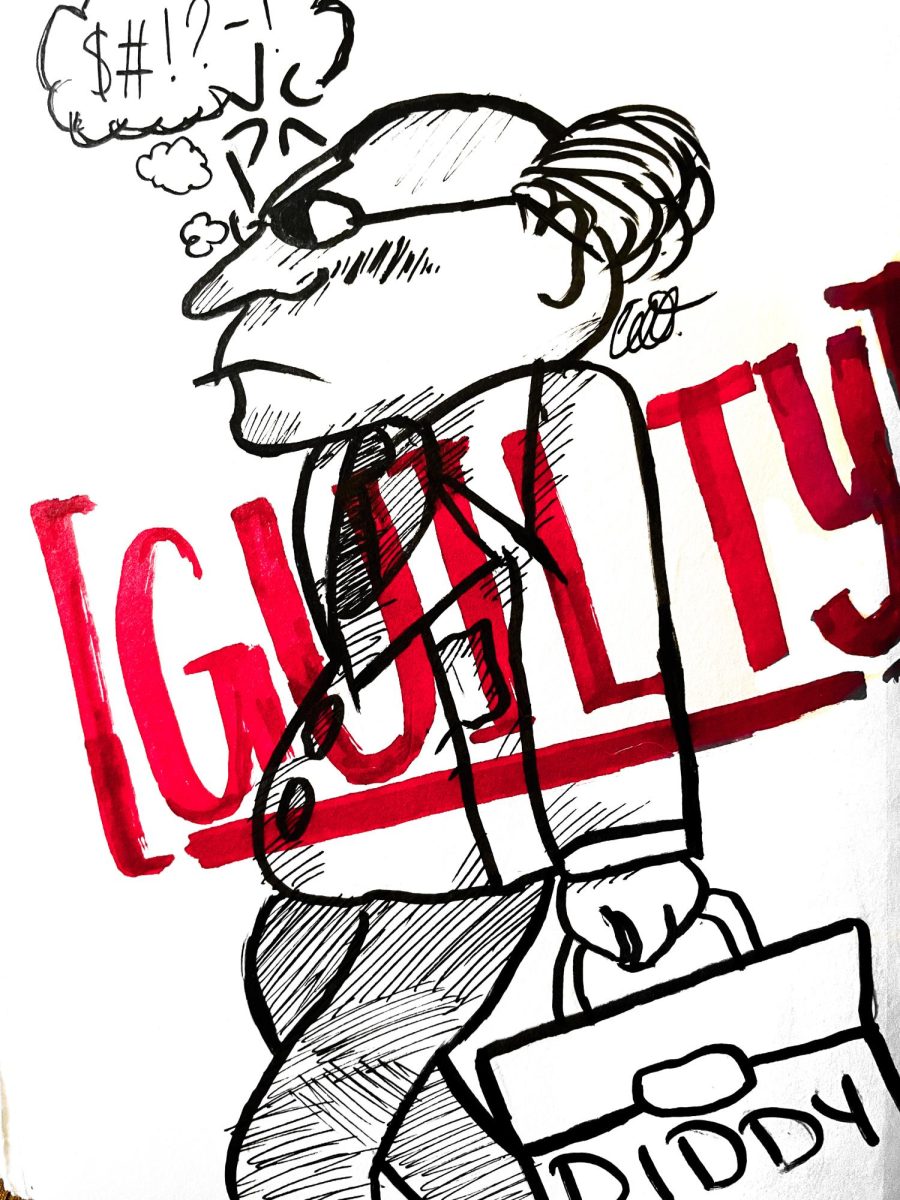Thus far four states — Alaska, Colorado, Oregon, and Washington — have legalized the recreational use of marijuana in defiance of the continuing federal prohibition. These states have done this not through the traditional legislative process, but through the arguably more democratic use of ballot initiatives and constitutional amendments. Because citizens voted directly for these policy changes, if the federal government were to enforce federal drug laws it would be something of a thorny issue as to enforce current federal drug law would violate the principles of democracy.
In another of the more liberal states — California — another, and a very different law has recently been passed. Sometimes referred to as the ‘right-to-die’ law, under this legislation doctors are able to prescribe terminally ill patients, who are of sound mind and who request the option, so called ‘fatal prescriptions.’
Now, what do these apparently disparate laws have in common? Both laws are instances in which a conflict between the rights of the individual and the powers of the state have been resolved in favor of the individual, a decision in line with principles worth examining.
When the state takes on a prohibitory role, it does not actually stop things from happening, but rather puts in place a punishment intended to discourage the behavior. In a democratic society this is a necessary, but is not always a good thing. There are times, as in the cases of segregation and gay marriage, when the belief system of the majority, or else of the representative class, becomes public policy.
The problem is that when the law is used to enforce subjective moral prejudices, it exceeds any reasonable standard of fairness. The majority of people cannot and will not ever experience the excruciating pain of terminal illness and so have no right to say what a person should do under the circumstances.
Because marijuana legalization affects a larger portion of the population than physician assisted suicide it shows this more effectively. Only so many people, in this case those convicted for possession of marijuana, can be made into criminals for offences that affect no one other than themselves before the state loses its authority, which is why under the current status quo there is a significant number of people who openly disregard these laws and for whom the worst consequence of doing so is getting caught.
As individuals, we are born into the world with an absolute freedom. In nature, law is a matter of need and ability; one must do what one must do, and can only do what one can do. But by forming societies, we make certain sacrifices for certain privileges; these are the laws of the state. A sacrifice that offers no privilege, then, is not a sufficient premise for law. In these specific cases that is what has happened; those who make the laws give up little and those who would break them see little benefit.
The state should not be a punitive instrument, it should not be a tool by which some individuals control and coerce others. The role of the state is to protect the rights of the individual — all individuals, not just the social and economic elites — not to restrict those rights. Law is not a matter of ethics or morality, but of having an explicitly recorded social contract with which individuals comply, because it is in their own interests to do so. Government has nothing to do with right and wrong and everything to do with power, which, if it is to be legitimate, must be exercised in a careful, egalitarian way.







